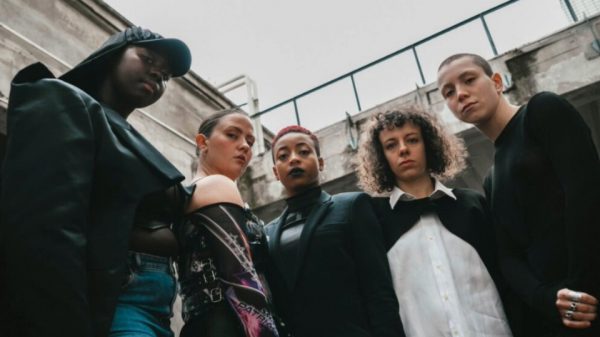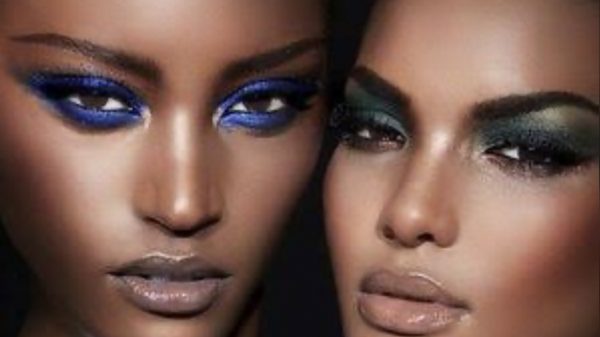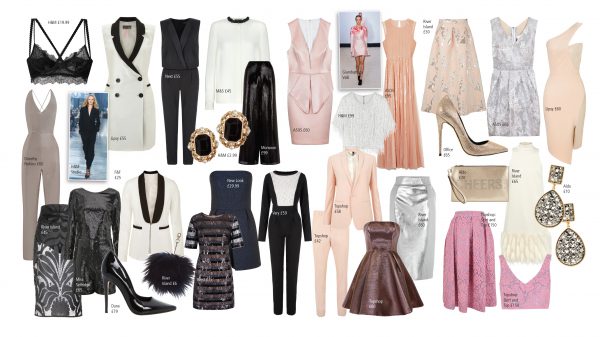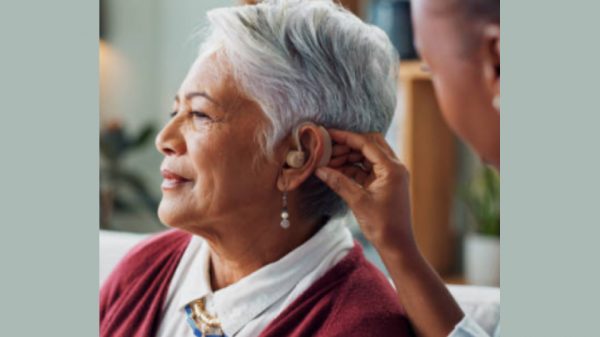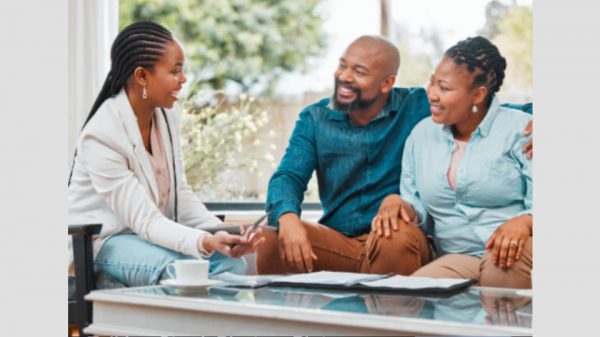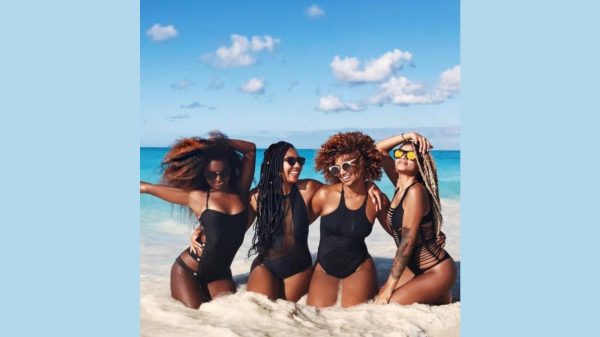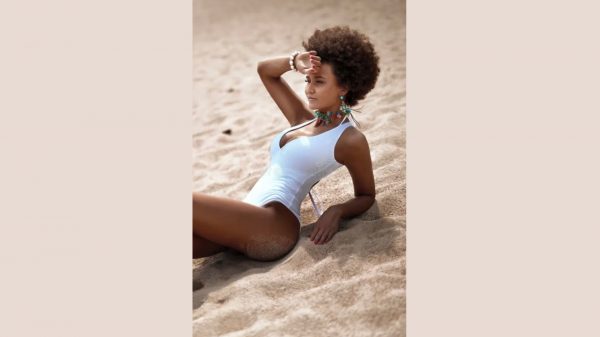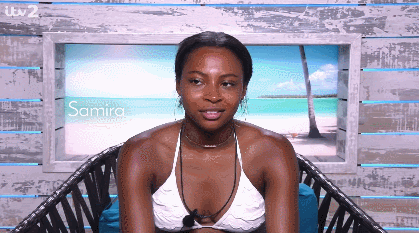ITV2’s hit reality show is set to return to the screens of millions this week, as handfuls of hot singletons look for love in the Majorcan sun. However, with more people critiquing its deeper effects on society, Nicole Vassell questions whether Love Island should still be the watch of the summer
In recent years, it’s been impossible for many to think about the summer months without also taking into consideration the TV programme that has united the nation for at least three summers in a row.
Of course, I’m talking Love Island. Whether you’re a devoted viewer, or someone whose ears try to shut down the moment it’s mentioned, there’s no escaping the Love Island conversational tidal wave. People are discussing it on the bus, on every social media platform, and occasionally, in times of particularly high drama, on the national news. It’s a cultural phenomenon that brings a lot of joy to the lives of many, due to its elements of escapism and frequent hilarity – who doesn’t want to be transported to Majorca, Spain for an hour every day, with beautiful people falling in love (and lust)?
So when a friend asked me if I’d be watching this year’s series, which launches tonight (Monday 3rd June), I responded ‘yes’ – because, why wouldn’t I be?
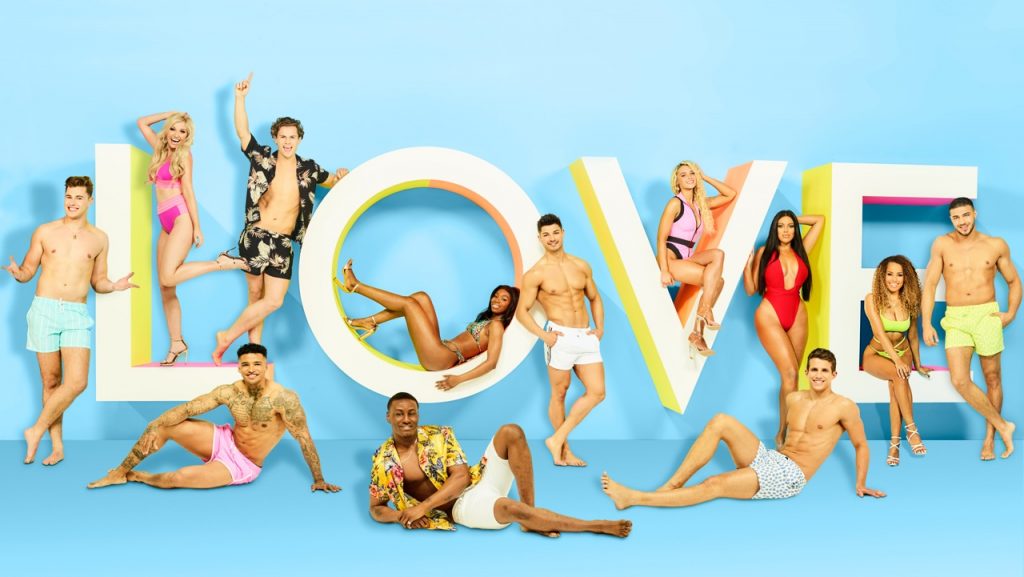
‘I just don’t think I can do it this year – the dark side is too much for me,’ she responded.
This launched a big talk about the perils of reality TV in general, but she also made some salient points about why she won’t be tuning in – and it’s given me some real food for thought.
Last year’s season saw, for the first time, as dark-skinned black woman as a contestant in the show, in the form of musical theatre performer (and one-time Pride cover girl) Samira Mighty. Though she was beautiful and fun, and one of the most popular contestants within the house, it took her a considerable amount of time to find a match in the house. (Samira eventually fell for Frankie Foster, and left the competition to continue pursuing their relationship once he was eliminated.)
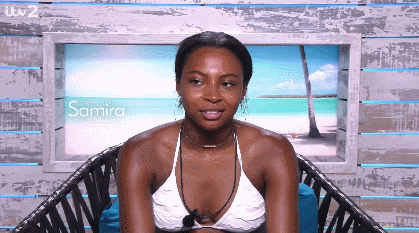
However, there’s one particular moment of Samira’s journey in the Love Island villa that surely still stands out in many black female viewers’ memories, as being equal parts heart-breaking and familiar. For those who need reminding, I’m talking about the moment where the then 22-year-old burst into tears among her girlfriends, frustrated and saddened that she wasn’t getting as much attention from perspective suitors as the other women.
‘The idea of potentially signing up to see black women at the back of the dating pack once again is a bit of a daunting one…’
With Samira being the only black woman in the show, the sight of seeing her being effectively left on the sidelines for weeks on end, while others enjoyed flirtatious banter hit a nerve with plenty of other black women; it triggered unwelcome memories of similar experiences.
So, the idea of potentially signing up to see black women at the back of the dating pack once again is a bit of a daunting one. At time of writing, contestants entering the 2019 villa this year include 23-year-old scientist Yewande Biala, a dark-skinned black woman from Dublin, Ireland. From first glances, she seems beautiful and intelligent; I truly hope she has a good time, and that this is all just a big worry for no reason. But going by the standards of this and other dating shows in the past, she’ll be in for a bit of a rough ride – and watching it take place over the course of six weeks might be a little masochistic for some.
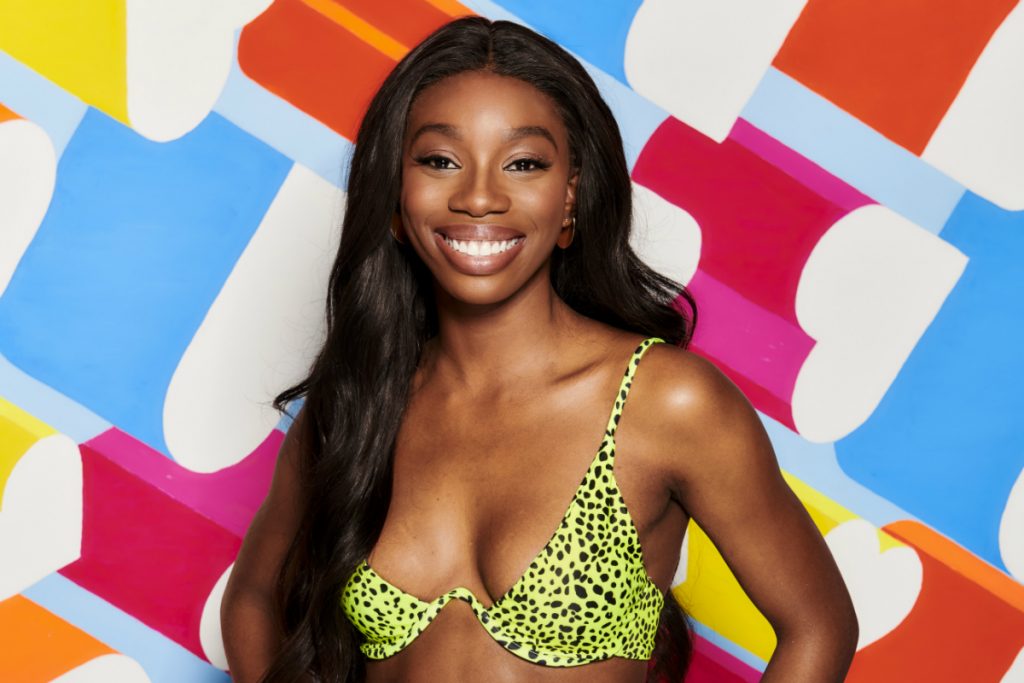
In more general senses, diving too deep into the Love Island universe can make a lot of viewers feel insecure in terms of body image. In past years of the show, each contestant has had a body that very likely comes with plenty of dedicated hours in the gym and a strict diet.
The women are toned and slim with flat stomachs and the most minimal measures of body fat, if that, while the men are muscle gods, broad and tall. While some might look at this as being part of the show’s allure or as motivation for the gym, part of the charm of the contestants are the fact that they enter the house as ‘normal people’, not already celebrities – but seeing as having a body that is ‘near perfect’ by today’s beauty standards is a requirement of getting on the show, where does that leave the people whose bodies don’t look like that?
And sadly, something that’s also put show under scrutiny more recently is the two suicides of past contestants: Sophie Gradon in 2018, and Mike Thalassitis, who was found in the woods near his Essex home in March 2019. With less than a year between these sad incidents, onlookers have questioned the aftercare that is provided to those who take part in the show, while some past Islanders have even gone as far to say the show should be cancelled due to the sad fates of the late contestants.
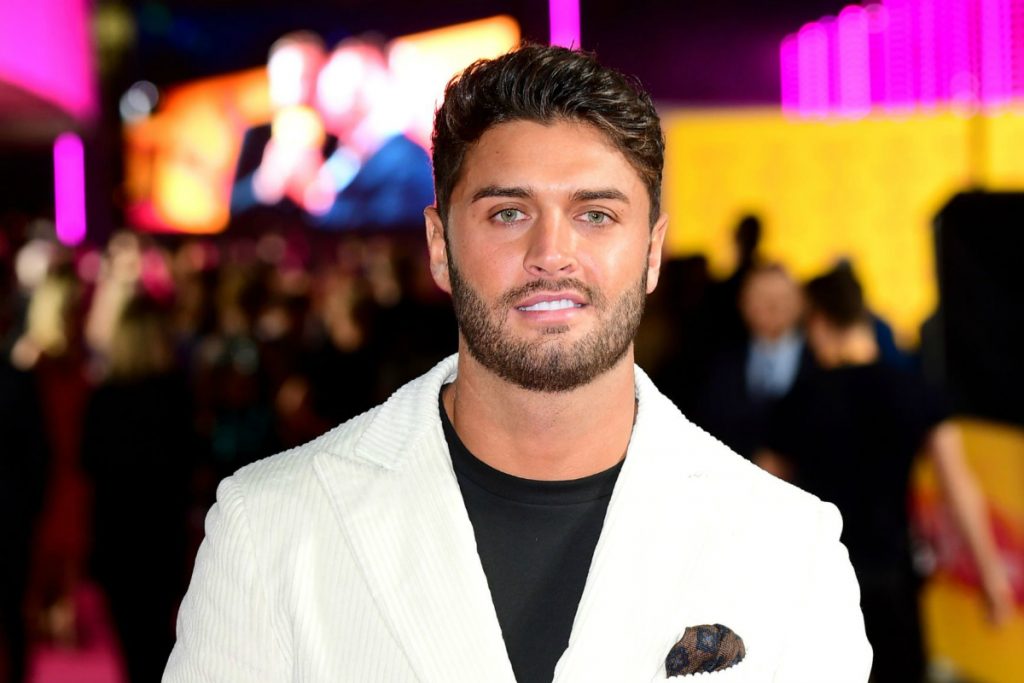
In a statement released following the death of Mike Thalassitis, a spokesperson for the ITV2 show said: ‘Care for our Islanders is a process the show takes very seriously and is a continuous process for all those taking part in the show.
‘We ensure that all of our contributors are able to access psychological support before, during and after appearing on the show. The programme will always provide on-going support when needed and where appropriate.
‘We also discuss at length with all of our Islanders, before and after the show, how their lives might change and they have access to support and advice to help with this.’
It’s clear that ITV doesn’t take recent events lightly, and are trying to do their best to support those who appear on the show. However, for some people, watching the show in the aftermath of these deaths seems hypocritical – especially after the suicide of a The Jeremy Kyle Show contestant led to the rowdy talk show’s speedy cancellation after 14 years on air. By tuning in to Love Island, are we feeding into a machine that risks leaving these overnight celebrities feeling stressed and lonely, once they’ve landed home and the cameras are gone?
After giving it some thought, the idea of not watching Love Island this year didn’t seem as ludicrous as before – and now, I understand why at 9pm every night, my friend won’t be glued to the TV screen like millions of others.
Will I be watching this year? I can’t say for sure, either way. But if I do end up tuning in, I know that the thrill may be tinged with more than the normal guilty pleasure it usually gives me.
Are you watching Love Island this year? Tweet us @pridemag to let us know your thoughts!
Love Island airs nightly at 9pm on ITV2.






